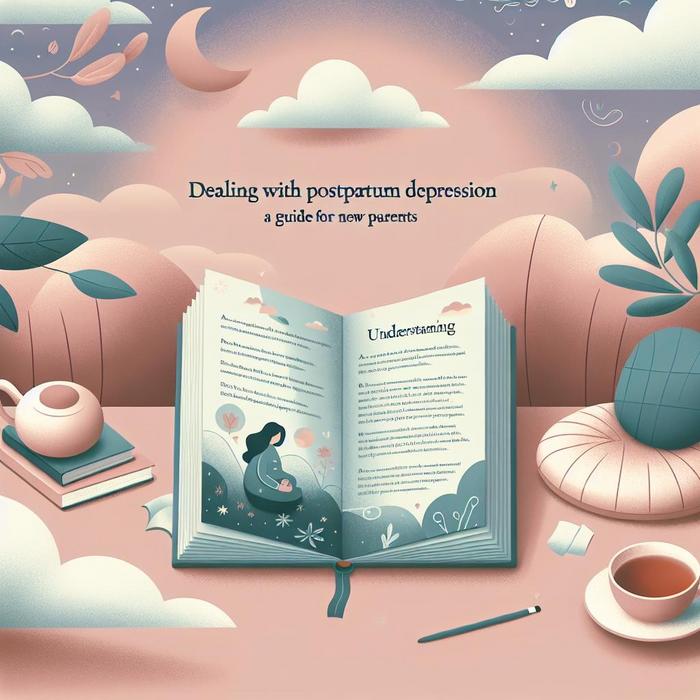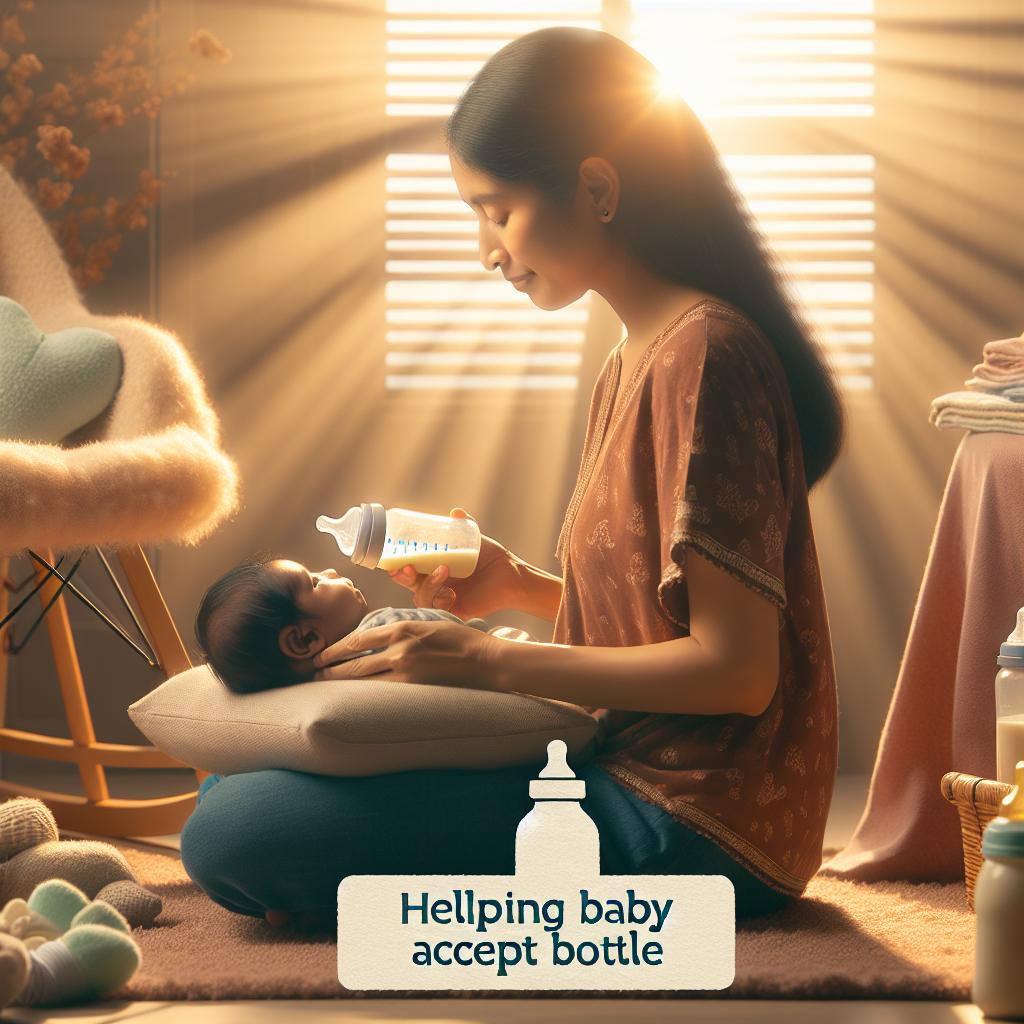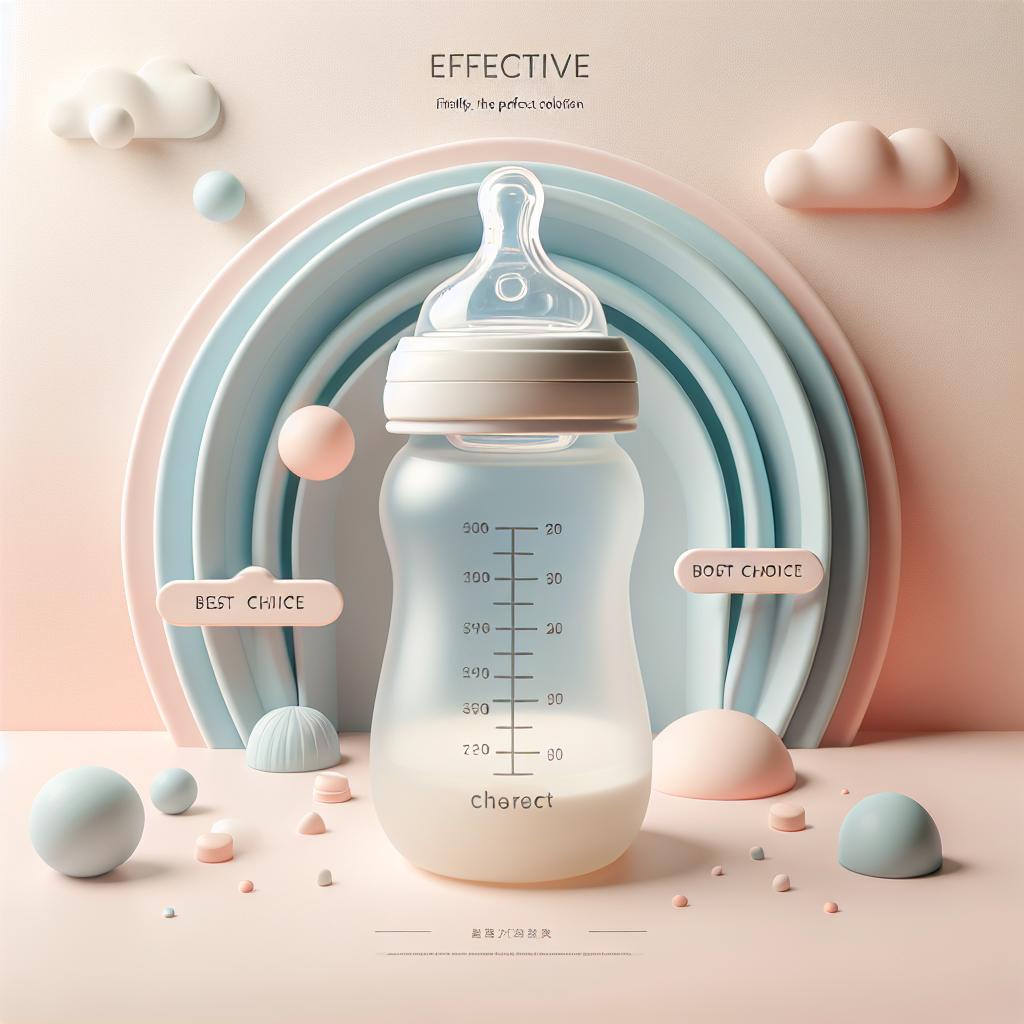Understanding Postpartum Depression
What is Postpartum Depression?
Many new parents experience a host of emotional ups and downs, filled with moments of joy, overwhelming love, and sheer exhaustion. However, for some, the journey can be far more challenging with the onset of postpartum depression. This is more than just the “baby blues,” it is a serious mental health issue that warrants understanding, attention, and care.
Postpartum depression is real, and it affects nearly 1 in 7 new mothers. This condition does not discriminate; it can target anyone, regardless of age, race, or socioeconomic status.
The Signs of Postpartum Depression
Understanding the signs of postpartum depression is a crucial first step in managing this condition. Here are the most common symptoms to watch out for:
- Intense sadness or despair
- Lack of interest in things you usually enjoy
- Difficulty in focusing and making decisions
- Feeling hopeless
- Appetite changes
- Difficulty sleeping
- Excessive worry about your baby’s wellbeing
If these symptoms persist for more than two weeks, it could be postpartum depression, and you should seek help.
The Impact of Postpartum Depression on New Parents
Postpartum depression can transform the joyous occasion of new parenthood into a period of struggle, confusion, and distress. Some of the impacts include:
- Difficulty bonding with the baby: You might feel indifferent or even negative towards your baby. This can create feelings of guilt, putting more stress on the new mother.
- Lack of self-care: Mothers with postpartum depression often neglect their health, which can worsen the symptoms of depression.
- Impact on relationships: The strain of coping with depression can create tensions within relationships, leading to further distress.
Depression doesn’t just affect the one suffering from it; it impacts the whole family. It’s important for new parents to be knowledgeable about this condition and seek help when necessary.
Seek Professional Help
While support from family and friends is essential, the advice of trained mental health professionals is invaluable. Therapists can propose coping strategies and treatments, such as cognitive-behavioral therapy or medication if necessary. Multiple treatment options are available, offering hope and help for those suffering.
Utilize Available Resources
Don’t be afraid to lean on community resources. Many places offer classes for new parents on a range of topics, including managing the stresses and challenges of parenthood.
These classes can provide new parents with the tools they need to navigate the early days of parenthood. Besides, they offer an avenue to meet other parents who may be going through a similar experience, providing much-needed camaraderie and empathy.
Take Care of Your Health
Even in the busy life of a new parent, it’s vital to prioritize your health. This includes:
- Eating a balanced diet
- Getting regular exercise
- Ensuring sufficient sleep
Taking care of your health can keep both your body and mind strong to better cope with the challenges of dealing with postpartum depression.
Practice Mindful Parenting
Mindful parenting involves being fully present with your child, without distractions. Practicing mindfulness can help mitigate the symptoms of postpartum depression by redirecting focus to the present moment and promoting a positive emotional state.
Resources like this introduction to responsive feeding techniques give some insights into how mindful parenting can contribute positively to both you and your baby’s well-being.
Remember, you are not alone in this journey. There are resources available for you and your family to help you navigate the difficult terrain of postpartum depression. With time, patience, and the right help, you’re more than capable of overcoming this challenge.
Speaking Out About Postpartum Depression
Open communication is an essential aspect of managing postpartum depression. Many women may feel isolated or reluctant to share their feelings due to societal pressures on motherhood, but it’s crucial to speak up and seek help when needed.
You should never feel shame in admitting that you’re dealing with postpartum depression. The more people understand about this condition, the less stigma exists.
Self-Care is Essential
Part of dealing with postpartum depression involves taking time for self-care. This can mean different things to different people but always involves finding time for yourself—even if it is just for a few moments—and doing something you love.
Self-care activities you might consider include:
- Meditation or mindfulness practices
- Reading a book or listening to an audiobook
- Keeping a journal
- Taking a walk or doing some form of exercise
- Engaging in a creative hobby
Balance in your life can help manage symptoms of depression, and self-care activities can contribute to a sense of overall wellbeing.
Support Systems are Key in Battling Postpartum Depression
Leverage Your Support Network
Knowing that there are people on your side can go a long way toward battling postpartum depression. Family members, friends, therapists, and support groups can provide solace and practical help in your journey.
Find the courage to ask for help when you need it. It could be as simple as requesting a friend to babysit while you take a nap or a family member to help with some house chores. In sharing your struggle, you can make your load lighter.
Online Help and Resources
There are numerous online resources available to help mothers cope with postpartum depression. Websites such as the Postpartum Depression Alliance of Illinois offer valuable information and resources to help mothers learn about and cope with this condition.
Such resources also offer connections to support groups where you can share experiences and learn from others who have walked a similar path. You can gain valuable insights and practical tips from other women dealing with the same issue.
Take Advantage of Peer Support
Finally, new mothers going through postpartum depression can take advantage of the invaluable support from peers—other mothers who may be experiencing a similar emotional journey. You can find peer support in various formal settings such as support groups or classes, as well as informal settings such as online forums and social media groups.
The shared experiences can foster a sense of camaraderie, making the daunting task of navigating postpartum depression less lonely. Furthermore, your experiences could also help someone else in their journey.
Remember, it is okay not to be okay, and reaching out for assistance is not a sign of weakness but rather the first step towards getting better. There is no uniform approach to addressing postpartum depression, and different strategies work for different people. It’s crucial to seek help and follow professional advice tailored to your individual needs.







